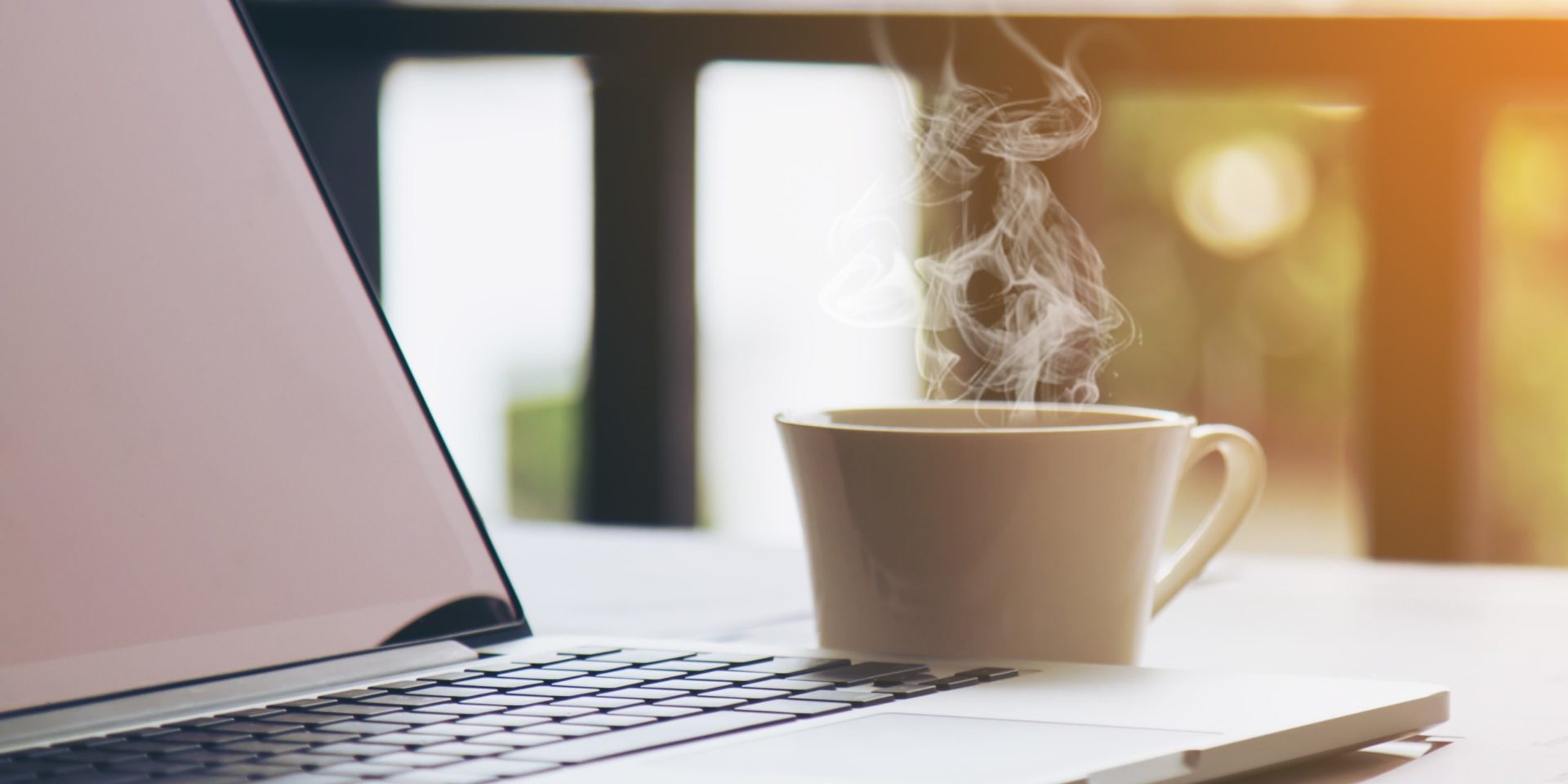Ten Tips to Manage Relapse Triggers
Ten Ways to Manage Relapse Triggers and Stay Sober
Thoughts, televisions shows, and places where we’ve once used can all be triggers for relapse. Use the ten tips in this article to manage relapse triggers and protect your sobriety.
- Do whatever you can to put immediate distance between yourself and the thing that triggers you. If a movie is triggering or image triggers you, stop looking at it. If a place triggers you, leave.
- When you feel triggered, remember the first step. “We are powerless over alcohol and our lives have become unmanageable.”
- Call your sponsor or someone in your network. This is a we program. Don’t go it alone.
- If you believe in God, pray. Immediately ask your Higher Power to remove your obsession to use.
- Do Service Work. Nothing will help you get out of your own way more than helping someone else.
- Take Action. Go to a meeting, work a step, journal, drink a good cup of coffee, exercise. Doing something positive always helps.
- Make a written or mental Gratitude List. Nothing kills a craving more than remembering all the things you are grateful for.
- Remember why you got sober in the first place. What was your bottom? You don’t want to go back there.
- Practice Mindfulness. Triggers take us back to the past. Mindfulness keeps us in the moment. Remember, right here, right now, you are safe.
- Practice, Practice, Practice. In time we all find what works best for us when we are triggered. The longer we stay sober, the easier it is to manage a trigger without relapsing.
Understanding Relapse Triggers that Jeopardize Sobriety
I’ve been sober a long time, and I’m still amazed at the mystery and power of triggers that send my mind reeling in an instant. Relapse riggers are anything that remind you of using or drinking and jeopardize our sobriety. In my experience, they sometimes feel like I’m in immediate danger, or leave me with a feeling of great relief. And, that’s why triggers are so mysterious. You just never know what you’re in for. That’s why every single person who is working on building a solid sobriety foundation should avoid them. Many addicts who are sure they are stable, lose their sobriety because something triggers them. So, it’s important to talk about things that trigger our sobriety.
Managing Triggers When You are Newly Sober
Using Dreams Can Trigger Thoughts of Replapse
In early recovery, most all alcoholics and addicts have vivid dreams where they are actively using. These are called using dreams. After 15 years sober, I still have at least one using dream per year. But, when I was new, they were horrifying, perilous things that put my sobriety at risk because I didn’t know how to cope with them yet.
The most vivid using dream I’ve ever had was when I was in residential recovery. The dream was so vivid that I was sure I’d relapsed when I woke up. That dream shook me for the rest of the day. If this happens to you, I suggest you do three things to work through it.
- Call your sponsor and share aboutt your dream. Talking through it helps.
- Journal about the dream and write about the feelings the dream evoked.
- Share about it in a meeting. The group can understand and help you.
Visiting People You’ve Used with Or Places You’ve Used Can Be Triggering
It is nearly impossible not to one day return to place where you once used. And, it can be difficult to avoid all the people you may have used with. These are highly triggering situations that every sober person must face. It can feel impossible to detach from old friends. Twelve Step Programs recommend letting go of all “friends” you used with.
I mainly used alone, so this wasn’t very difficult for me. But, I did have connections in my phone that I had trouble parting with. And, it was very much like having the devil on one shoulder and the angel on the other. I was actively working steps and determined to get sober, but I would not delete those connections from my phone.
When you hear in meetings that your addiction is out to kill you, it’s no joke. My whole heart was in sobriety, but my addiction did not care. Those phone numbers triggered me every time I scrolled through my phone. They plagued me – until I told my sponsor about them and we deleted them. I still have that phone. It’s not a trigger anymore; it’s a reminder that when I follow direction, sobriety wins.
Obviously, it’s recommended that you do not visit places where you once used. In many instances, that is a hard and fast rule. But, in some cases, it’s complicated. If you used in your own home, it’s going to be tough not go back there. (As a reminder, this is one reason why residential recovery is so important. It allows you to strengthen your sobriety before immediately facing a place with triggering memories.)
I got sober in Atlanta, but my most vivid using memories are from New Jersey – specifically, Newark, NJ. The last time I used my drug of choice was in Newark Airport, a place I cannot avoid. Before I went home for the first time, I talked to my sponsor about my fear of going back to that airport and driving through Newark to get home. She helped give me tools to make it back through that airport sober. Now, my old memories are replaced with new ones.
Are You Sick and Tired of Being Tired? We Can Help!
Call us at (770) 493-7750 or contact us below to connect with us. Our Team is dedicated to helping addicts find freedom.




